
A Geospatial Information Institute (GII) has acquired a new technology that is hoped to significantly cut down the time it takes to conduct mapping surveys.
The light detection & ranging (LiDAR) system was bought from a Switzerland-based company, Leica Geosystems, for 80 million Br through an international bid, in which dozens of companies had participated. Leica is a century-old firm known for the manufacturing of surveying products and systems for geographical measurement.
The system, consisting of a laser, scanner, and a GPS receiver, works by targeting an object with a laser and measuring the time for the reflected light to return to the receiver. This platform may be mobile or stationary, aerial or terrestrial.
Previously, the Institute and its 434 employees had to conduct geospatial surveys using conventional methods, which were time-consuming and costly. A survey needed to construct a 100Km road could take up to seven months using conventional methods. The new technology cuts the time down to a few hours, according to Tulu Besha (PhD), director-general of the Institute.
"It's a significant step and will be instrumental for the fast delivery of projects," said Tulu.
The system is more accurate, as the laser collects extremely dense data, as much as one million data points a second, while it can also be used at night, unlike the conventional methods. Training has already been provided to the Institute's employees by experts from the supplier. It has already conducted a pilot in Dire Dawa and will begin using the system in earnest once the rainy season ends and clouds clear up, disclosed Tulu.
The Institute, which generated revenues of 24.1 million Br during the last fiscal year, had attempted to acquire similar technology four years ago, but the process was cut short due to a lack of foreign currency. With a 295.5 million Br budget this year, the Institute will be using cameras and scanners attached to aeroplanes, helicopters and drones. It has two aeroplanes rented out from the Ethiopian Air Force.
The new technology will be a huge advantage in carrying out infrastructural design works, believes Bizuneh Kebebe (PhD), a civil engineer with over two decades of experience.
"We've been using outdated data so far," he said, revealing that conventional survey methods result in projects taking far longer than they should. "It's more accurate and gives more options."
The Ethiopian Roads Authority (ERA) is one of the major clients of the Institute as it seeks geospatial surveys before embarking on road projects. The Authority has contracted out 157 projects with a value of 195 billion Br. Last year, it launched the construction of over two dozen projects.
"The system will not only boost our efficiency in surveying, but it'll also make every area accessible, unlike the conventional methods, where everything is done using human labour," said Firew Bekele, director of the design department at the Authority.
Believed to have improved data quality, regional and city road authorities are also expected to benefit from the new technology. However, the Institute has not set a uniform tariff for surveying services using its new technology.
"It depends on the area and the scope of the work," said Tulu.
PUBLISHED ON
Oct 02,2021 [ VOL
22 , NO
1118]
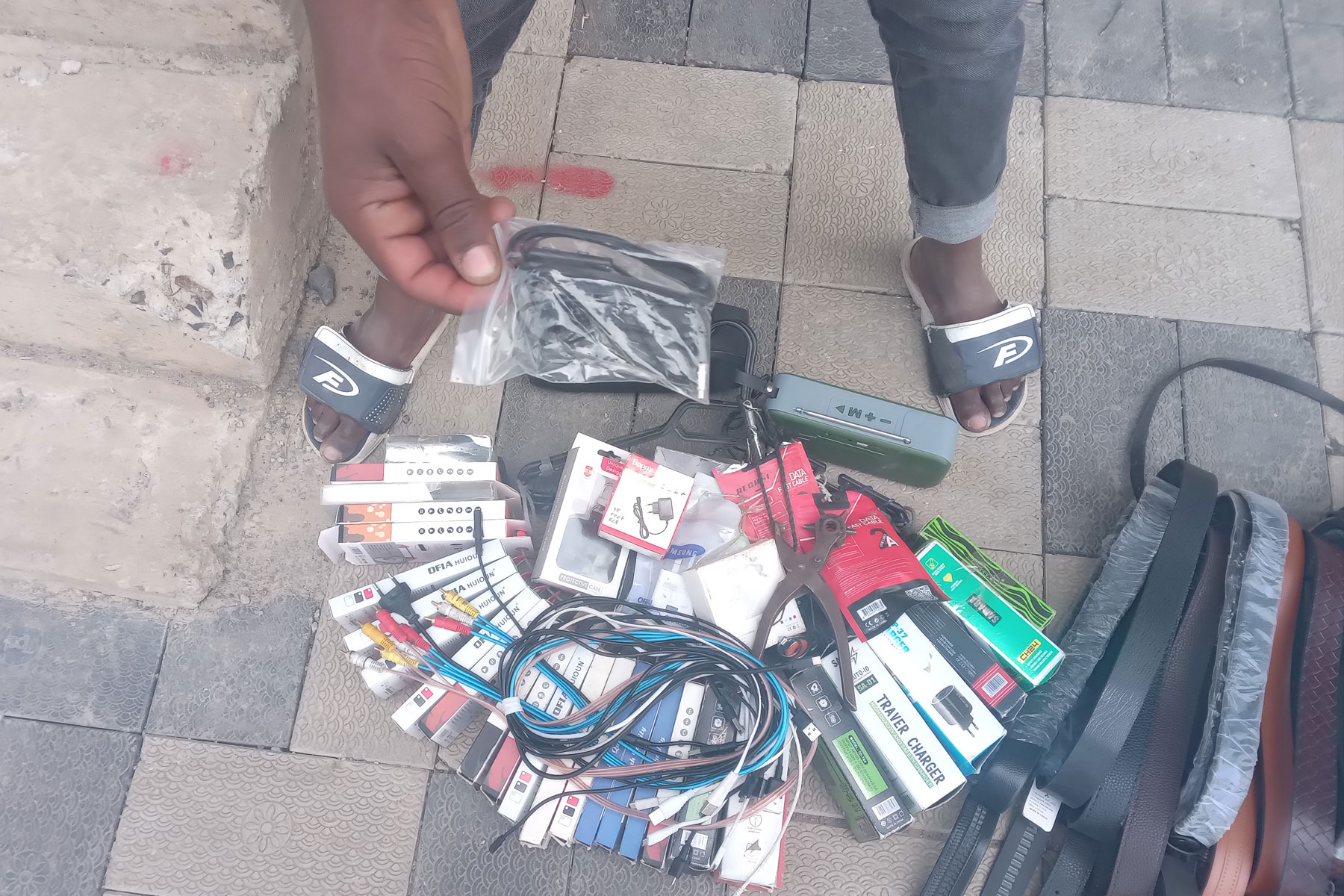
Agenda | Jun 01,2024

Fortune News | Aug 20,2022

Fortune News | Jan 12,2019

Radar | Aug 16,2020
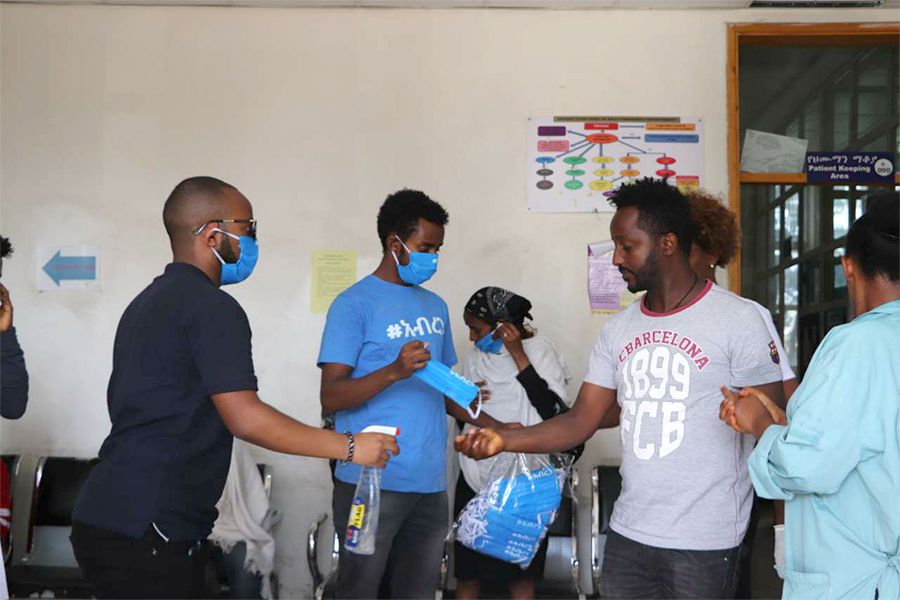
Covid-19 | Mar 29,2020

Fortune News | Oct 12,2019

Radar | Sep 01,2024
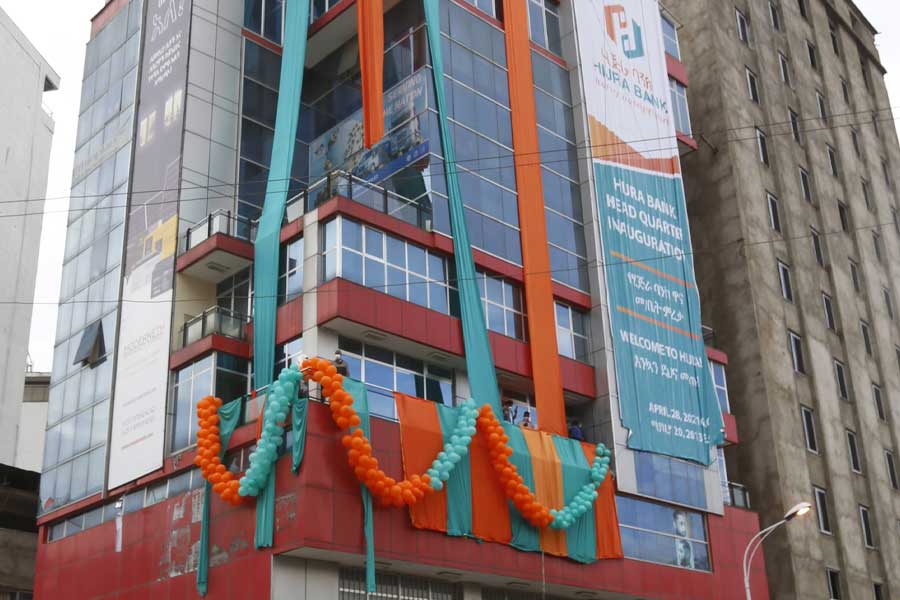
Fortune News | Apr 30,2021
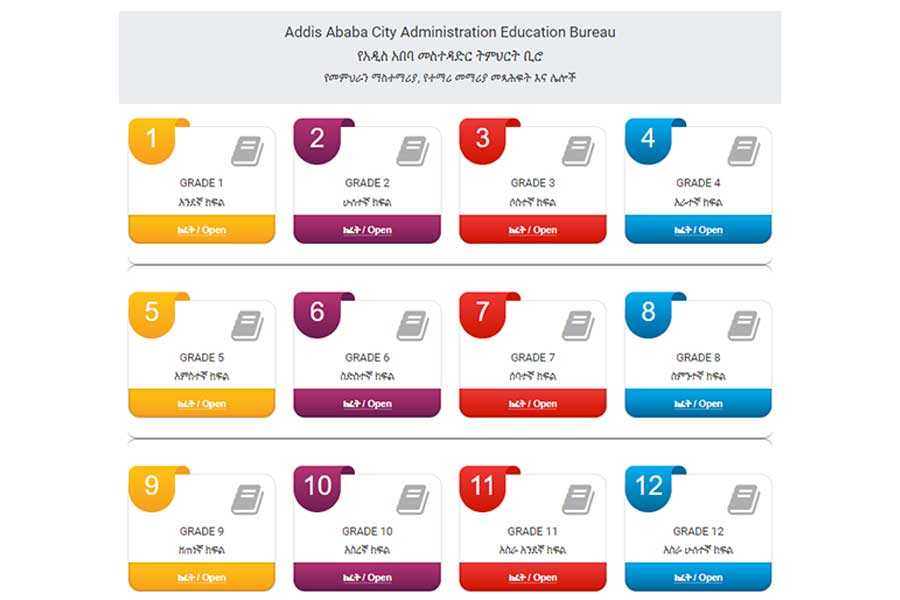
Fortune News | May 23,2020
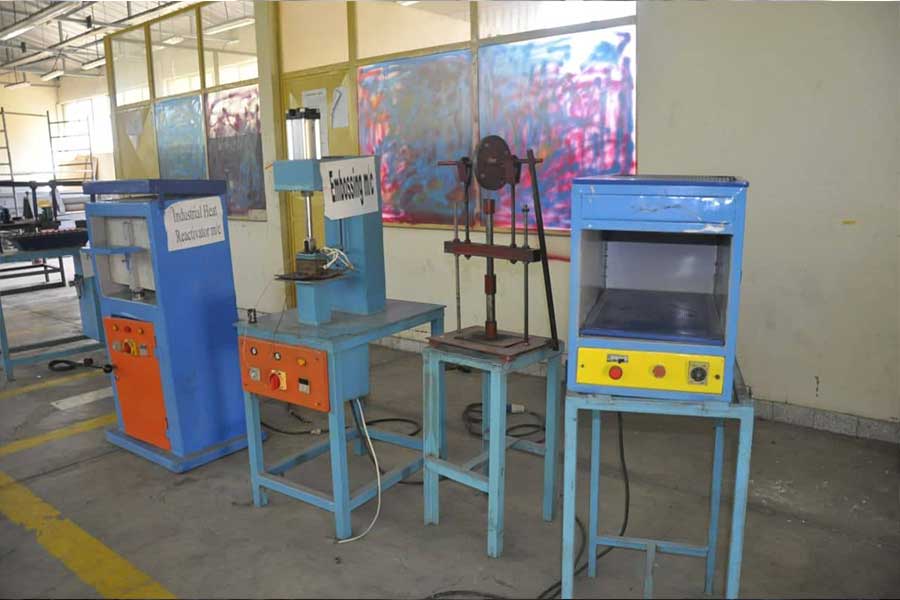
Fortune News | Nov 14,2020

Dec 22 , 2024 . By TIZITA SHEWAFERAW
Charged with transforming colossal state-owned enterprises into modern and competitiv...

Aug 18 , 2024 . By AKSAH ITALO
Although predictable Yonas Zerihun's job in the ride-hailing service is not immune to...

Jul 28 , 2024 . By TIZITA SHEWAFERAW
Unhabitual, perhaps too many, Samuel Gebreyohannes, 38, used to occasionally enjoy a couple of beers at breakfast. However, he recently swit...

Jul 13 , 2024 . By AKSAH ITALO
Investors who rely on tractors, trucks, and field vehicles for commuting, transporting commodities, and f...

Jun 28 , 2025
Meseret Damtie, the assertive auditor general, has never been shy about naming names...

Jun 21 , 2025
A well-worn adage says, “Budget is not destiny, but it is direction.” Examining t...

Jun 14 , 2025
Yet again, the Horn of Africa is bracing for trouble. A region already frayed by wars...

Jun 7 , 2025
Few promises shine brighter in Addis Abeba than the pledge of a roof for every family...